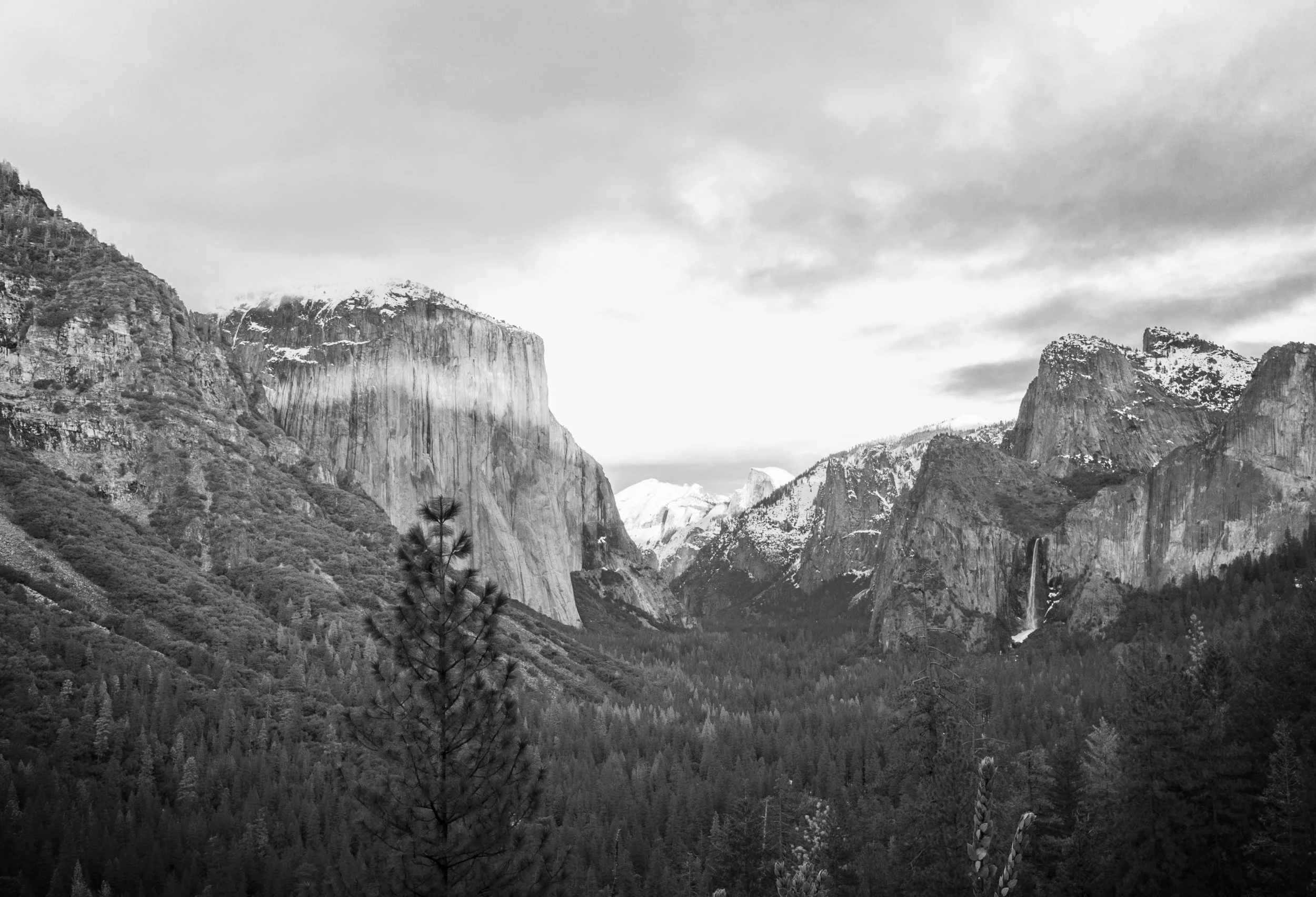Very often, we can become jaded by the polarization of our political culture. In the era of Trump, where science-denial is the adopted stance of the federal government, it’s absolutely critical we find ways to reach out to our neighbors and discover common ground to create viable solutions to our problems.
This two-part piece explores these ideas, and challenges the traditional approach of progressive environmental politics in order to foster new alliances and to actualize solutions.









